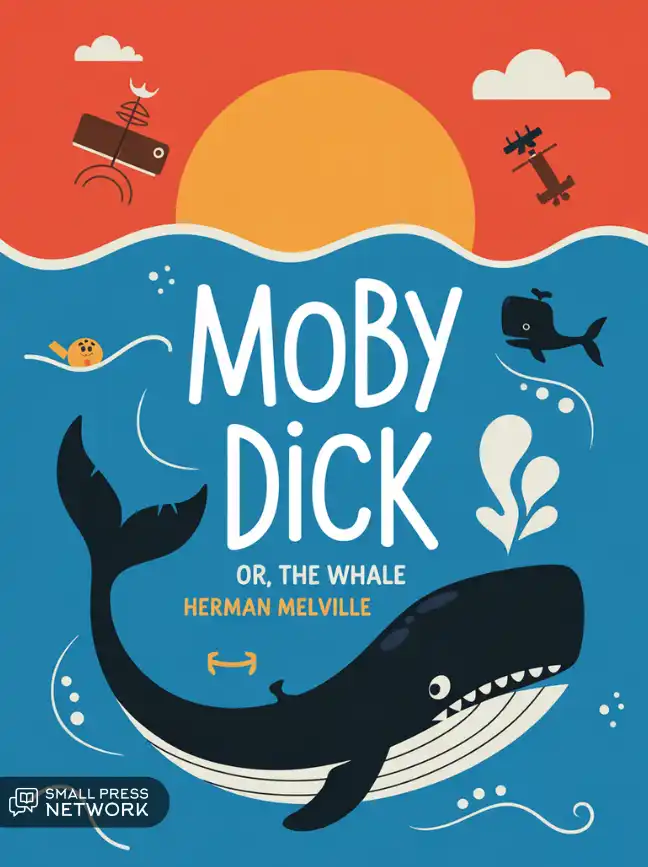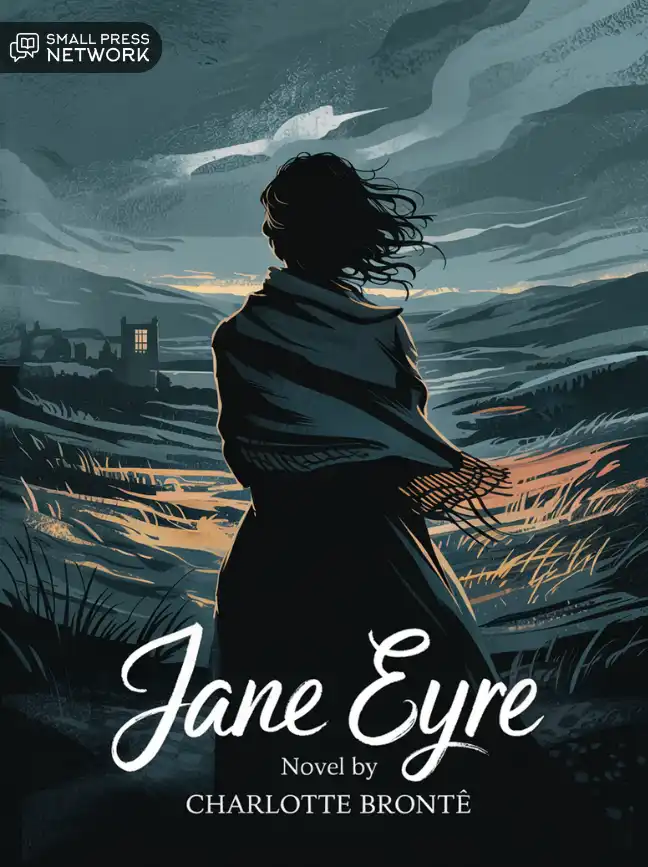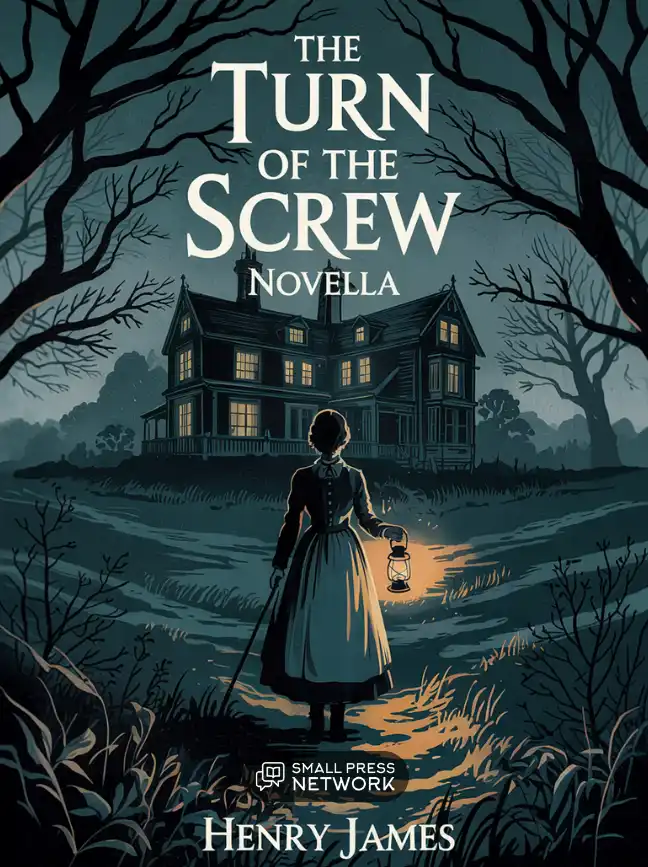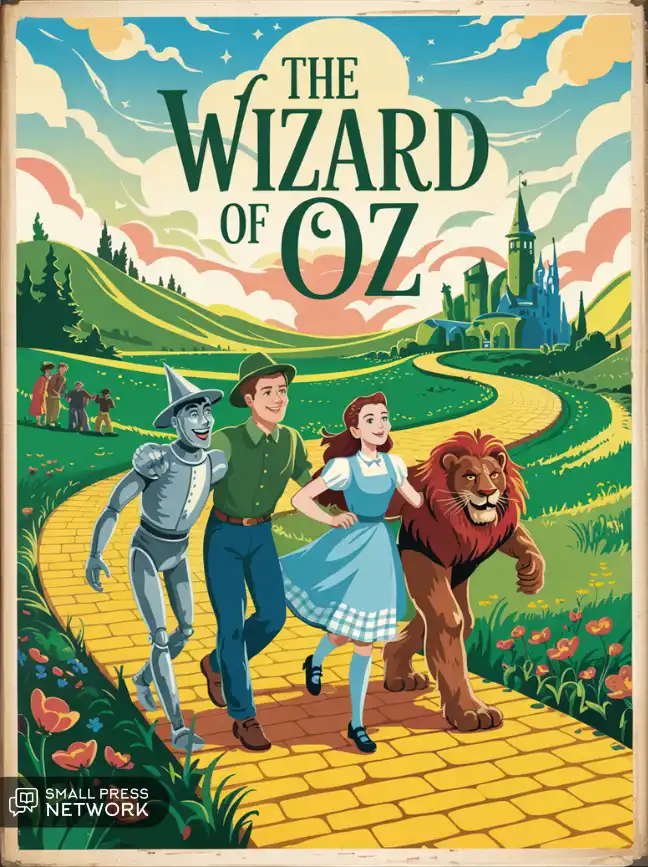Moby-Dick; or, The Whale by Herman Melville is a powerful American literary classic that tells the epic tale of Captain Ahab’s obsessive quest to hunt down the legendary white whale, Moby Dick. Narrated by a sailor named Ishmael, the novel explores the adventures aboard the whaling ship Pequod, revealing deep themes of fate, obsession, revenge, and the struggle between man and nature.
Set in the vast and unpredictable oceans of the 19th century, Moby-Dick is more than just a sea adventure—it is a philosophical journey into the human soul. Captain Ahab’s relentless pursuit of the whale becomes a symbol of man’s inner battles, blind ambition, and the cost of vengeance. Through vivid storytelling, rich symbolism, and detailed descriptions of the whaling industry, Melville presents a complex narrative that blends action with deep reflection.
Regarded as one of the greatest works in American literature, Moby-Dick combines adventure, tragedy, and profound existential questions. Its memorable characters, especially the iconic and tormented Ahab, make it a gripping and thought-provoking read that continues to captivate readers over a century after its publication.
Ideal for fans of sea stories, psychological drama, and philosophical fiction, Moby-Dick remains a must-read novel for anyone interested in classic literature and timeless human struggles.






